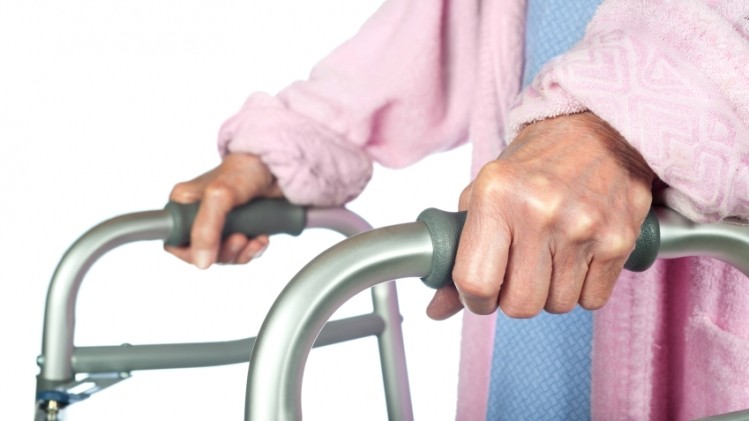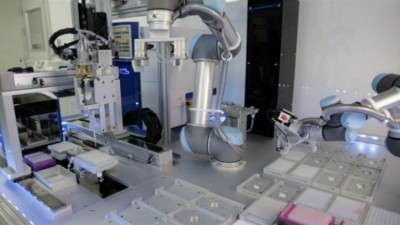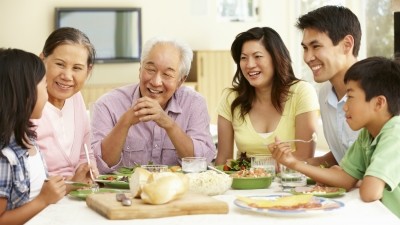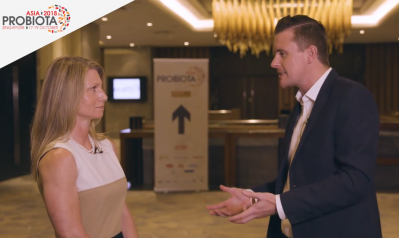DSM collaborates with Japanese hospital group to provide nutritional rehabilitation for elderly patients

At the recent 7th DSM Health Academy in Tokyo, attended by NutraIngredients-Asia, the company announced its partnership with Japan's Kyojunokai Group (KJK), a top rehabilitation hospital group that provides rehabilitation for patients in recovery, and works to tackle the shortage of rehabilitation hospitals in the country.
As one of the four organisations that comprise the Kamachi Group — a medical consortium that manages hospitals, schools and clinics — KJK runs 14 hospitals in Japan's Kanto and Kyushu regions, as well as the Yamaguchi prefecture.
The partnership, which has already begun, is being managed via DSM Japan KK, a local entity of Royal DSM.
Individual interest
Yuji Nakahara, president of DSM Japan, told NutraIngredients-Asia: "DSM hopes to build a business model that can visualise the individual's health status and produce nutritional suggestions suitable for each person, in order to realise a healthy longevity in Japanese society.
"KJK is the largest rehabilitation hospital group in Japan. Due to its scale and advanced nature, we judged it to be the ideal partner with which to develop a new type of nutrition programme — based on our knowledge in the field of nutrition and KJK's big data on rehabilitation — and proposed the joint project."
Under this arrangement, DSM and KJK are developing healthcare services consisting mainly of personalised advice on diet, exercise and nutrition for individual patients.
Combining nutritional knowledge and data provided by DSM with medical treatment from KJK, the companies will offer patients nutritional information and solutions to aid in early recovery.
Other details such as the target age group and type of patients, Nakahara said, would be determined further into the project's progress.
A pilot service is set to begin in Q1 2019, which DSM and KJK will launch commercially in 2019 at the latter's flagship hospital, Harajuku Rehabilitation Hospital.
Elderly angle
Japan has the world's oldest population: according to the government's Annual Report on the Ageing Society, 27.7% of the country's population was aged 65 and above in 2017, a figure expected to exceed 30% by 2025.
To compound matters, the number of working adults contributing to the medical expenses of the elderly in Japan is expected to dwindle in the near future, making it imperative to ensure lower medical expenses on the while.
The partnership between DSM and KJK is therefore designed to increase the rate of early recovery and disease prevention by providing suitable nutritional information and solutions, as part of its wider goal to bring about a dignified and healthy old age for seniors in Japan.
To help them achieve this, the collaboration will look closely at specific conditions and diseases that most severely affect Japanese seniors in KJK hospitals.
Nakahara said, "A majority of the patients hospitalised in KJK rehabilitation hospitals are aiming for rehabilitation from cerebrovascular conditions such as cerebral infarction, orthopaedic problems such as femoral neck fractures, and disuse syndrome after aspiration pneumonia. For this reason, these diseases are considered to be part of our main focus, but further details will also be defined during the project."
He added that he hoped the nutritional rehabilitation would not only help with functional recovery, but also early recovery.
"Scientific data shows that vitamin D can help in the functional recovery of patients recovering from bone fractures, or prevent falls in the elderly as it helps with muscle strength. In addition to traditional rehabilitation for patients, early recovery of physical functions can be expected if a patient is placed on an appropriate nutrition support programme.
"In such a support programme, the necessary nutrition will be provided not only in the form of food served in the hospital, but also in the form of dietary supplements."



















